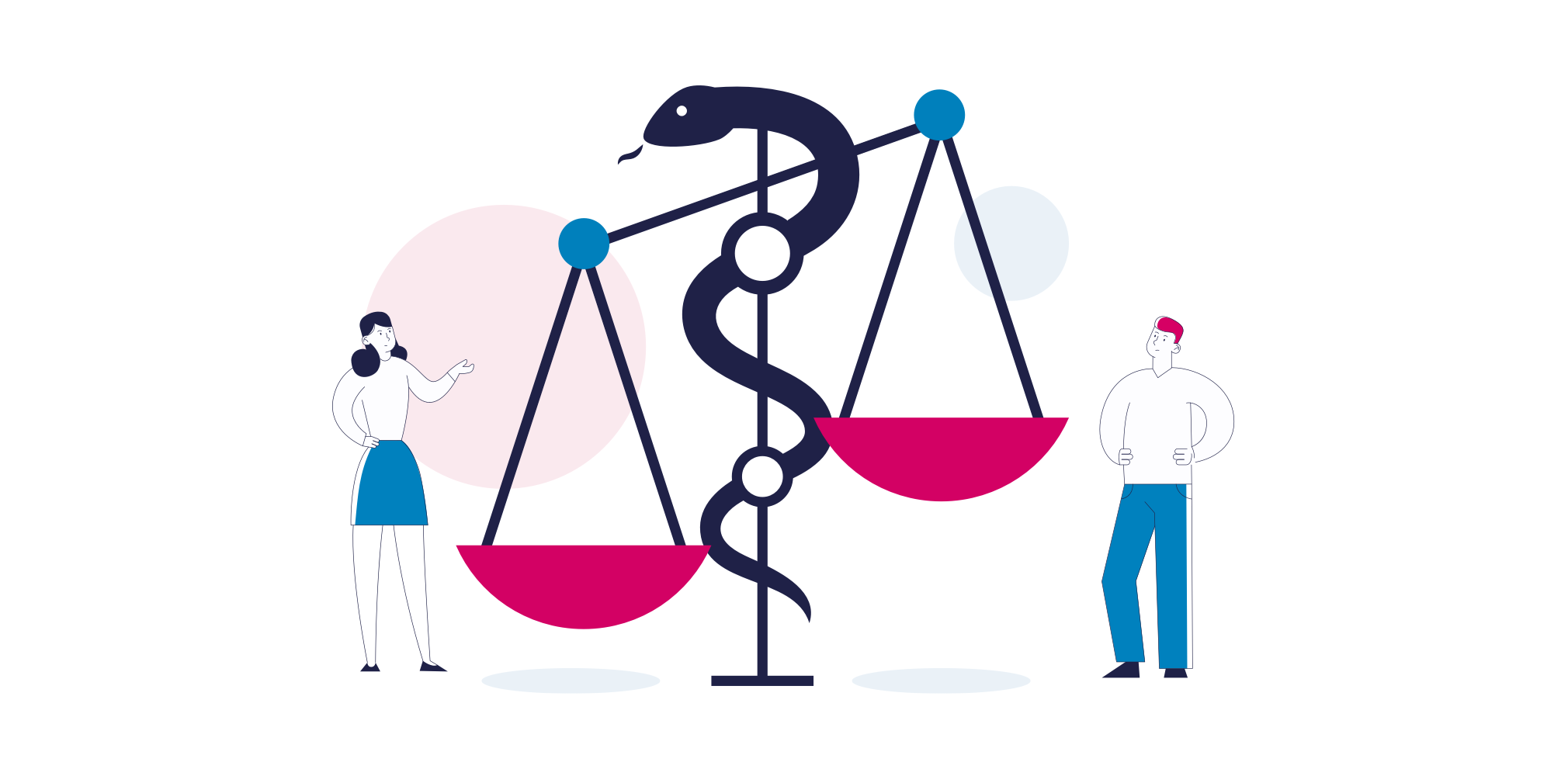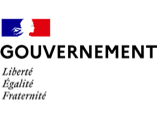E-health regulations: What you need to know
More than just an obligation, mastering these requirements enables you to protect users, ensure the quality of your services, and guarantee the interoperability of your solutions.
Adopting a proactive approach to regulations means anticipating challenges, boosting stakeholder confidence and maximizing the impact of your projects.

Panorama of digital healthcare regulation
As a reminder, according to the CNIL, a health data is data concerning an individual's physical or mental health, past, present or future. Your digital tools, connected objects and medical devices are likely to use, process or store personal health data. If this is the case with your innovation, you need to comply with a strict security framework to ensure the protection of personal data and patient health data.
This part of the site refersencing all applicable regulatory topics to digital health in the form of educational Fact sheets. All these elements of the regulations are consolidated in the ministerial roadmap defined for the benefit of accelerating digital healthcare and are classified according to their functionality:
The security field
The regulations relating to secure connection services (ApCV (Application carte vitale), e-CPS, Pro Santé Connect, FranceConnect), the General Data Protection Regulation (RGPD), national regulations and services concerning medical directories, directories and repositories (ROR, RPPS+,FINESS+), regulations concerning the hosting of healthcare data (HDS), regulations concerning the National Health Identity (INS), the general health information systems security policy (PGSSI-S), regulations applicable to medical devices...
The field of interoperability
The interoperability domain consists of the CI-SIS health information systems interoperability framework, which sets out the rules for communicating health information systems, the CGTS health terminology management center, which distributes semantic resources for the health-social sector free of charge, and the SMT Multi-Terminology Server, the tool for disseminating and managing health terminologies.
The socle services domain
Groups all the basic services such as the shared medical record (DMP), which is in fact the digital health record, e-Prescription, which consists of dematerializing the prescription circuit, and finally the secure messaging system for health professionals and citizens (MSSanté).
The field of digital platforms
A package of services gives healthcare professionals one-stop access to several services, the Heath Data Hub, which facilitates access to healthcare data for innovative projects of general interest under high security conditions and with respect for citizens' rights, Mon Espace Santé (MES) which is a personal space where users manage their health data.
How can G_NIUS help me better understand regulatory topics?
The regulatory framework varies depending on the nature and purpose of your innovation project (medical device, digital application, healthcare service...), the technologies used for processing and/or storing personal data and its end users (healthcare professionals, healthcare facilities, general public...) etc.
The Guichet National de l'Innovation du Numérique en Santé (G_NIUS), a product of the Délégation ministérielle au Numérique en Santé (DNS) digital healthcare roadmap and operated by the Agence du Numérique en Santé (ANS), is a portal for services and content designed to accelerate the digital shift through the development of urbanized, communicating, interoperable digital services. Our platform helps you to know and understand the legal framework to be respected for your digital project, by offering you a toolbox made up of a personalized diagnostic and Fact sheets, all with the aim of speeding up the time-to-market for your digital eHealth tool.





